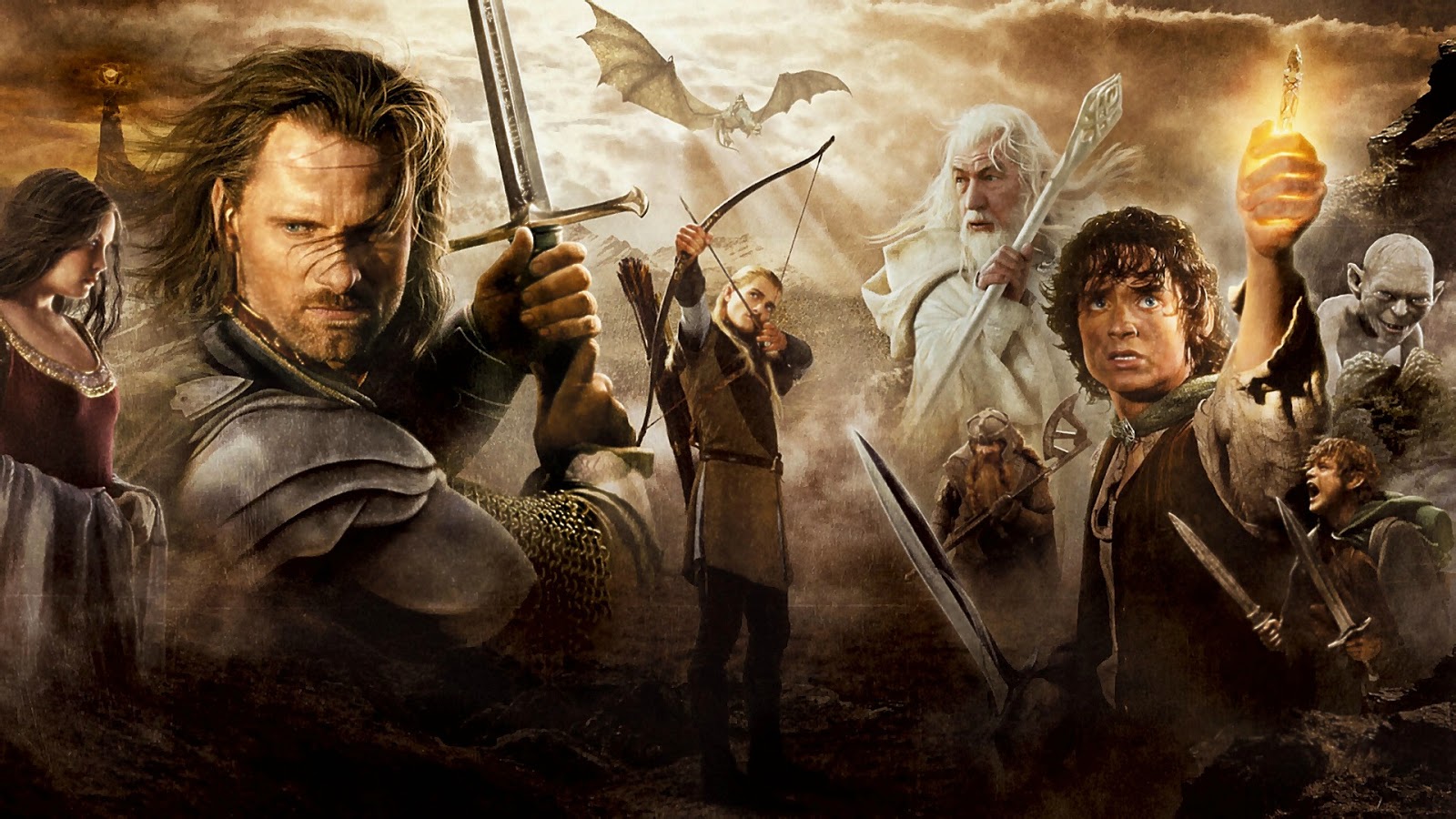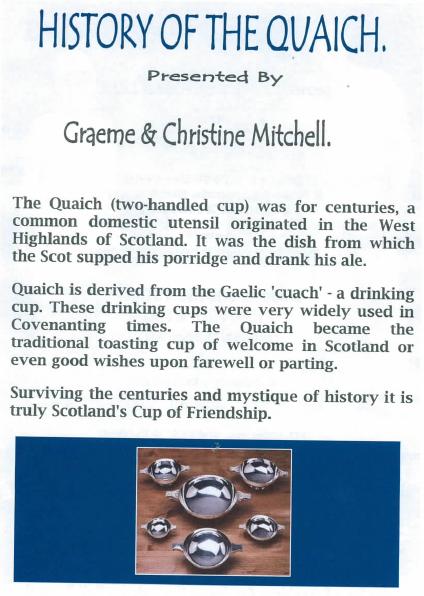First of all, I want to thank all of you for your patience while I have been "off-grid" for the past many days. Although not technologically off-grid, I have been
mentally off-grid with a myriad of other life-necessities, a brief yet lingering illness, and other family commitments and responsibilities. It's true: real life trumps virtual life every time.
So...how 'bout them newlyweds?
Really, I have no idea where to go with this chapter. Really.
Is it because of the bedroom scene? No, not especially. Actually, I think the whole thing is depicted with a light touch and a gentle sense of humor. Much less graphic than I expected. (Whew). What did surprise me, though, was how much hefty story and plot lines are drawn in to this first time that Claire and Jamie are together.
"Six weeks ago, I had been innocently collecting wildflowers on a Scottish hill to take home to my husband. I was now shut in the room of a rural inn, awaiting a completely different husband, whom I scarcely knew, with firm orders to consummate a forced marriage, at risk of my life and liberty."
How, indeed. Obviously, this is a rough summary of the book up to this point. This plot device is the pivot on which the whole book (and series, I suppose) turns. I like how the narration carries these logical suppositions and many times mirrors my own thoughts as I read the story. I suppose this is one of the reasons Diana is such a popular writer, to which her extremely dedicated and loyal fan base (that's
you) readily attests.

The early embarrassment between them is palpable and is only broken by Claire's offer to have him sit down next to her. As he sits down instead on a stool across from her, he takes her hands in his and she notices how his hands are hairier than Franks. I kind of snickered at the insertion of the Old Testament passage about Jacob and Esau; not because it was entirely inappropriate (I mean, things pop into our minds from all sorts of triggers), but it made me think of
the rest of that Bible story. When Jacob "stole" Esau's birthright, it turns out he tried to fool his dim-sighted father Isaac by wearing goat-skins over the backs of his hands to mimick Esau's hairiness.
Goat skins. Umm, have you ever felt a goat at a petting zoo or farm? Esau had to be one hairy dude! Anyway, this is the image that popped into my mind when Claire made the reference: Jamie with goat-like hair on his hands and arms. Kinda ruined the moment, so to speak.
As if to tag on to that humorous image, then Jamie compares the unknown act to what animals on the farm do, and if that's the case it shouldn't take very long! From that perspective, I'm sure it would be true. His humorous imaginings were entertaining. I mean, if that's all you know or have seen, why would that not be the case?
Also, as if to make my earlier point about Claire not seeming to think much about Frank,
even Jamie agrees with me!
Jamie!
“Well, I knew ye must be thinking of him. Ye could hardly not, under the circumstances. I do not want ye ever to feel as though ye canna talk of him to me. Even though I’m your husband now—that feels verra strange to say—it isna right that ye should forget him, or even try to. If ye loved him, he must ha’ been a good man.”
(Okay, I'm not really making that point, but he certainly does impress upon her the need for her to honor Frank's memory).
I think it is interesting too, that when Jamie offers to get Claire a real ring, she kind of brushes the thought away by consoling herself with ongoing thoughts about leaving this time and circumstance, including Jamie. Would her thoughts be changed after this chapter, or events yet to come? She still has a main objective through this onslaught of unusual events that has happened to her. If she ever does make it back to Frank, how complicated would
that relationship now be?
I do like the little "private vow" they take to always make sure they never lie to each other.
"...I’ll ask nothing of ye that ye canna give me. But what I would ask of ye—when you do tell me something, let it be the truth. And I’ll promise ye the same. We have nothing now between us, save—respect, perhaps. And I think that respect has maybe room for secrets, but not for lies. Do ye agree?” He spread his hands out, palms up, inviting me. I could see the dark line of the blood vow across his wrist. I placed my own hands lightly on his palms.
“Yes, I agree. I’ll give you honesty.” His fingers closed lightly about mine.
My wife and I have this same value (without the blood vow, though), and have made it the key value our kids have had to deal with as they've grown up. Once lies and deceit enter in, trust goes out the window; no healthy relationships can survive without trust.
However, I did have to pause a moment as Jamie draws a distinction between not telling lies, yet leaving room for private secrets. Isn't a private secret kind of like a lie? After thinking about this for a bit, I concluded that as long as what is secret is not a violation of the person's revealed character (like, if Jamie turned out to secretly be an ax-murdering serial killer or something), then I suppose it would not violate the honesty rule. But I still think that is a very slippery slope that requires much mature thought and consideration.
“You are safe,” he said firmly. “You have my name and my family, my clan, and if necessary, the protection of my body as well. The man [Randall] willna lay hands on ye again, while I live.”
 |
Jamie's awkward Senior Class photo
and trophy for being most gallant guy, ever. |
As Jamie pledges to protect her, even with his own body, Claire is reminded of infantrymen that she had encountered in field hospitals. I thought this was a great comparison for her character to draw seeing that Jamie is younger than she is, and has certainly seen his share of violence. This is a noble and gallant young man, indeed. Maybe a little too perfect. I'll have to keep my eye on him; he's raising the bar for men everywhere.
Dangit.
Then, Claire makes the mistake of asking Jamie about his family. Whoa. Clan heritage is certainly an ongoing source of pride for Scots, even to this day. My wife showed me how there is a family tree in MOBY to help everyone keep things straight.
Okay, now I'm not sure if this is a guy thing or if it's just me, so I'll just throw it out there: while I understand that exponential characters are necessary in an epic of this size and scope, it's one of my least favorite parts of fiction reading. I don't like having to keep multitudes of characters and relationships in check every time new ones are brought in.
For example, since I am a fan of the science fiction series
Dune by Frank Herbert, I struggled with that same factor in his universe. To top it off, his characters are spread out over several centuries and planets and have unusual alien names that are difficult to figure out how to pronounce, even mentally pronounce, if you know what I mean (although some of these Scottish names seem practically alien to a Northwestern 'Merican like me). Understandably, in sagas of this breadth, it is necessary to introduce additional characters as new adventures continue, but, for me, I dislike having to flip back and forth between chapters (or books) trying to remember who's who and keep everyone straight. Perhaps I just need to pay closer atten-
squirrel!
 |
| Little-known fact that Jamie is actually related to US President Barack Obama! |
Of course, in this plot-rich section, we learn that Jamie still has rights to his father's estate at Broch Tuarach, or Lallybroch, even though he can't return because of the price on his head. After his tour of duty in the French army he returns to Scotland with a band of "broken men". Here again, the getting-hit-in-the-head-with-an-ax story resurfaces raising more questions for me, with further hints of foreshadowing, I'm sure.
His stay at the Abbey Ste. Anne de Beaupré certainly helps to explain Jamie's grasp of scripture. But France? That sure seems like a long and difficult way to transport someone who is injured so badly, especially in that day. How were they so successful at avoiding the English patrols with someone so badly wounded? They surely could not have made time very well, and with an invalid suffering a practically fatal head wound? Hmm.
Okay, well, moving from the unlikely to the...(ahem) inevitable, on we go to the um,
other parts of this chapter.
Skim, skim, skim, - yes, it's funny how he is surprised that it's face to face.
Skim, skim, skim - "Haven't you seen a naked woman before?" "Aye, but not one so close...And not one that's mine."
Skim, skim, skim - "Hey lass! Ye’re still able t’ walk! Isn’t Jamie doin’ his duty by ye, then?"
Skim, skim, skim - what,
three times!?
Skim, skim, skim - "“Oh, so there’s something you don’t know? Well, we’ll find out then, won’t we? As soon as I’ve the strength for it...Next week, sometime.”
Whew, made it! And it only took a few squinty-eyed pages and half a bottle of wine!
Okay, all kidding aside, the consummation of their marriage is dealt with in a lightly humorous, but meaningful way. Yes, Jamie is a gallant young man; yes, they are being drawn together by their mutually constricting circumstances; yes, there remain many questions from new information about family, property rights, and unknown dangers.
But isn't this all just like...life? We all wonder about the unknown from the comfort of the known, and yet, in a true adventure, there is little that's familiar, which is why we cling tightly to that which we
do know for sure. That's what makes it an
adventure! Claire only knows that Jamie has been the one constant beacon of integrity and hope in a whirlwind of unusual circumstances and persons. These two characters are simply drawn together in the throes of an adventure with (to them, and me) unknown outcomes.
The logic of her circumstances catches up with Claire in the middle of the night...
I woke in the hours before dawn, shivering and rigid with terror. I could not recall the dream that woke me, but the abrupt plunge into reality was equally frightening. It had been possible to forget my situation for a time the night before, lost in the pleasures of newfound intimacy. Now I was alone, next to a sleeping stranger with whom my life was inextricably linked, adrift in a place filled with unseen threat.
Another masterfully-crafted vivid passage that clearly describes Claire's sobered perspective. But what better way could Jamie reassure her, than to comfort her with what's familiar: “Don’t be afraid,” he whispered into my hair. “There’s the two of us now.”
But among all of my other questions, one burning one remains:
don't they realize that summer romances never last? :)




















